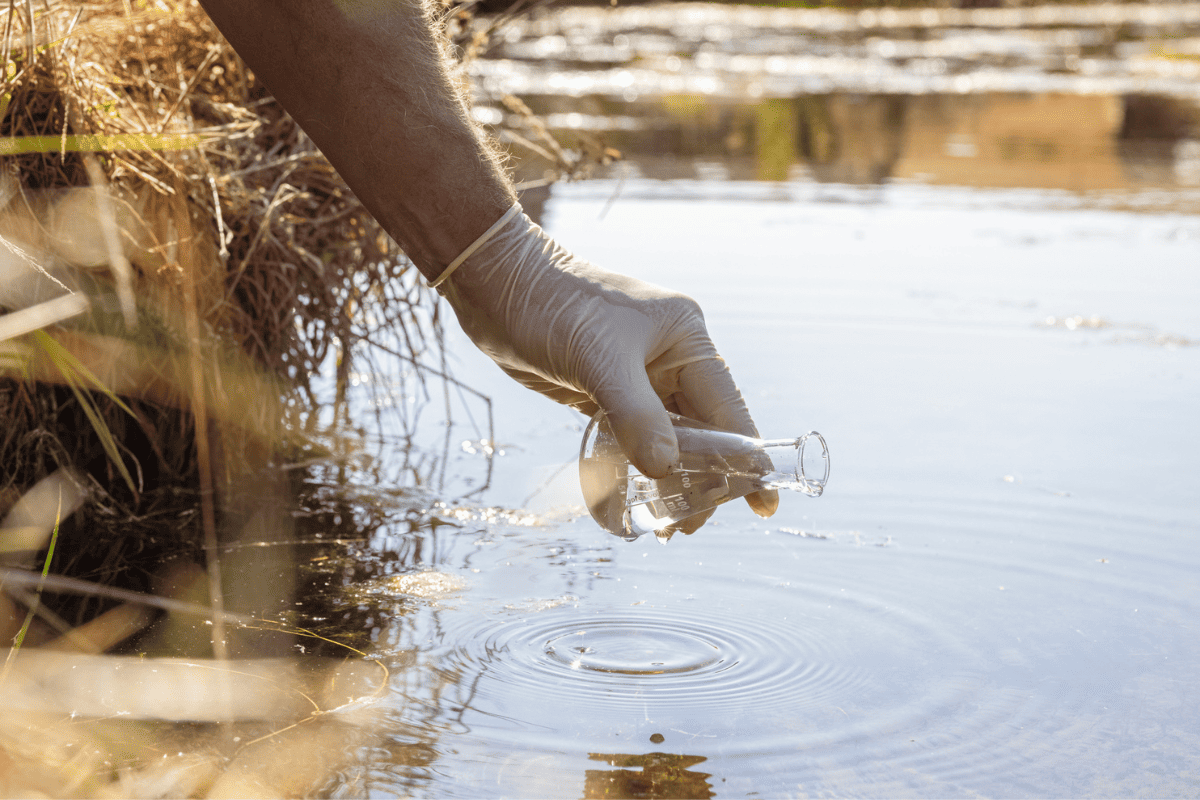
PROJECT DETAILS
- Project No 4971
- Project Name Modernising microbial risk assessment: Innovative strategies for contaminant detection
- Lead Organisation SA Water
- Research Lead University of South Australia
- Main Researcher Melody Lau
- Completion Year 2030
Project Description
Access to safe drinking water is a fundamental human right and a cornerstone of public health. In Australia, the ADWG set the standards for managing potable water, with microbial risk assessment being a crucial component. However, current practices primary rely on the use of E.coli as a microbial indicator, which has limitations in differentiating contamination sources and accurately assessing health risks. The project seeks to address current limitations in water quality monitoring, especially in the context of microbials contaminants such as faecal indicator bacteria and pathogens.
The project will explore innovative strategies to enhance the sensitivity of microbial contaminant detection and host identification, providing more accurate and reliable data for microbial risk assessment. One key aspect involves the use of passive sampling devices to capture microbial contaminants from environmental waters. These passive samplers have shown promise in wastewater surveillance of pathogens like SARS-CoV-2, demonstrating the potential to detect low-level contaminants with high sensitivity.
Another crucial focus is on developing methods to increase the concentration of target microbial templates in water samples. Furthermore, the project will expand the use of microbial source tracking techniques to identify and track specific sources of faecal contamination, including human, livestock or wildlife. This information will enable the implementation of precise pollution control measures tailored to the contamination source, reducing the risk of health-related incidents.
In summary, this project will drive advancement in microbial risk assessment, offering tangible benefits to the water industry, public health and the environment. By harnessing the potential of passive samplers and microbial source tracking, we can improve our ability to provide safe and reliable drinking water, safeguard public health, and protect the environment.





